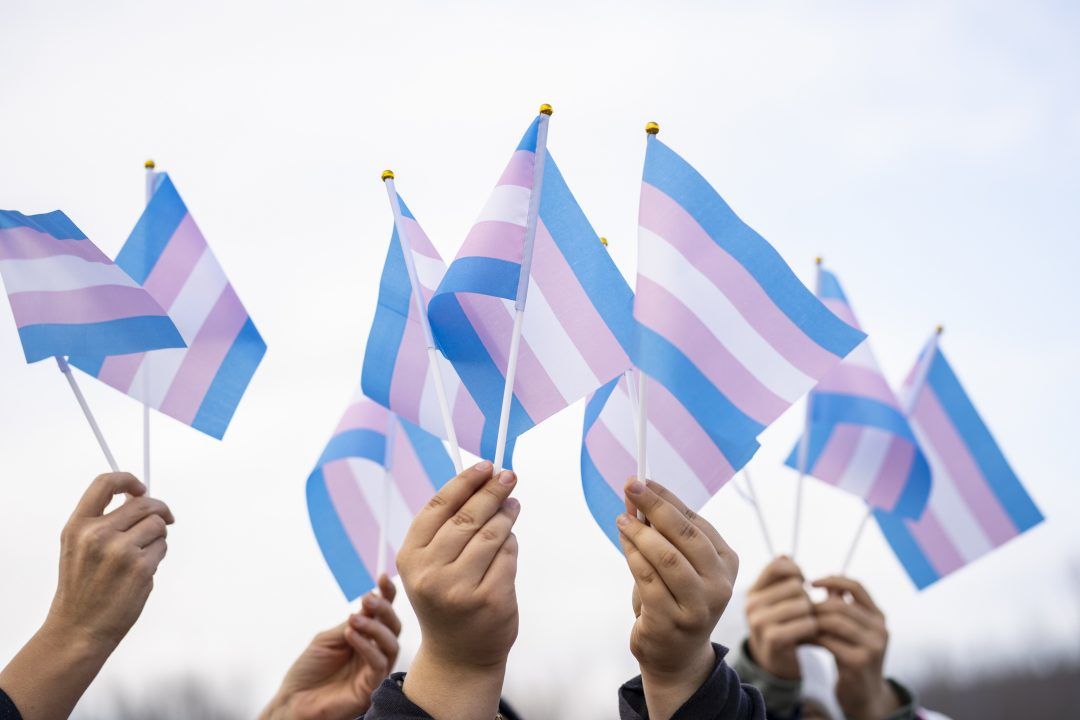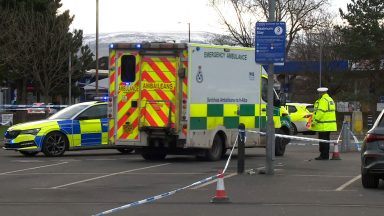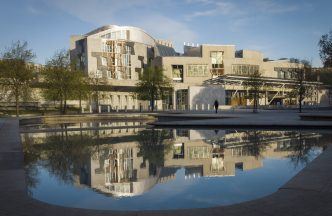Legislation seeking to make it easier for people to be recognised in their preferred gender has been given the backing of a UN expert.
The reforms would bring Scotland more in line with UN guidelines on gender, according to Victor Madrigal-Borloz, the UN’s independent expert on protection against violence and discrimination based on sexual orientation and gender identity.
The Gender Recognition Reform (Scotland) Bill, which could be approved by MSP’s at a final vote at Holyrood next week, aims to allow trans people an easier process to acquiring a gender recognition certificate and remove the requirement for a diagnosis of gender dysphoria.
It will also lower the minimum age for applicants from 18 to 16, and drop the time required for an applicant to live in their acquired gender from two years to three months – six for people aged 16 and 17 – though with a subsequent three-month reflection period.
The Bill has been welcomed by LGBTQ+ and feminist organisations as well as human rights groups including Stonewall and the Equality Network.
However, it has also come under criticism from high-profile politicians and activists including the SNP MP Joanna Cherry.
Opponents have raised concerns about the impact on the safety of women, particularly in single-sex spaces.
The Scottish Government has repeatedly said the legislation will have no impact on the Equality Act – which provides for the exclusion of trans people from single-sex spaces in some circumstances.
Addressing concerns raised by opponents, Mr Madrigal-Borloz, who previously appeared before a Holyrood committee about the Bill, said in a letter that his office could find no examples in countries that have adopted similar laws – covering more than 250 million people – of such abuses.
He wrote: “My mandate has not received any information of administrative or criminal judicial findings that the self-identification process has been used by predatory men for the purpose of perpetrating gender or sexual violence against women in gender-segregated spaces in any of those countries or regions; and desk and online research to that effect has not yielded any results.
“Similarly, there are no reported cases that would support the submission that crimes perpetrated by trans women, trans men or nonbinary persons are the result of an abuse of the system of legal recognition for the purpose of gaining undue access to a segregated space or any gender-related differential treatment.
“In other words, in the countries that have legal recognition of gender identity based on self-identification, there is no credible evidence to suggest systemic risk of predatory men using the process of identifying and living as a woman as an opportunity to perpetrate gender or sexual-based violence.”
Political opponents including the Scottish Conservatives have called for the legislation to be paused while more work is carried out to assess the impact of the reforms.
Last week, Tory MSPs Rachael Hamilton and Pam Gosal wrote to the convenor of the Holyrood Equalities Committee calling for an emergency session to review evidence by by UN special rapporteur Reem Alsalem.
Ms Alsalem said parts of the Bill presented “potential risks to the safety of women in all their diversity”.
However, six feminist organisations including Rape Crisis Scotland and Scottish Women’s Aid condemned the remarks of Ms Alsalem in an open letter.
The letter stated: “We see the paths to equality and the realisation of human rights for women and trans people as being deeply interconnected and dependant on shared efforts to dismantle systems of discrimination.”
Commenting on the calls for the Bill to be paused, Mr Madrigal-Borloz said in his letter: “I am concerned that these efforts may respond to erroneous information based on the stigma and prejudice that have long permeated efforts to deny legal recognition to persons based on their gender identity, and thereby deny them equal access to services and the full enjoyment of their human rights.
“I have also observed exclusionary narratives in the public discourse surrounding the consideration of the Bill, and against trans persons more generally.”
Cherry, who has been a vocal critic of the legislation, responded on Friday to Mr Madrigal-Borloz’s letter in a series of tweets.
The MP said: “This is not a legal opinion on the domestic law of Scotland. The case law of the ECHR does not mandate self identification. The system of gender recognition we currently have is within the margin of appreciation allowed by the court.”
She continued: “Indeed there is little or no focus on the rights of LGB people which is surprising given the mandate of this Rapporteur. Eg. there is no recognition of the potential conflict of rights whereby lesbians may be forced to accept male bodied people into their dating pool and lesbian only spaces. Lesbians, like most women, are used to being told our rights must defer to those of men and it is men abusing a system of self ID which lesbians and women fear, not trans people per se.”
Follow STV News on WhatsApp
Scan the QR code on your mobile device for all the latest news from around the country


 iStock
iStock

























